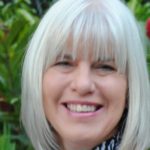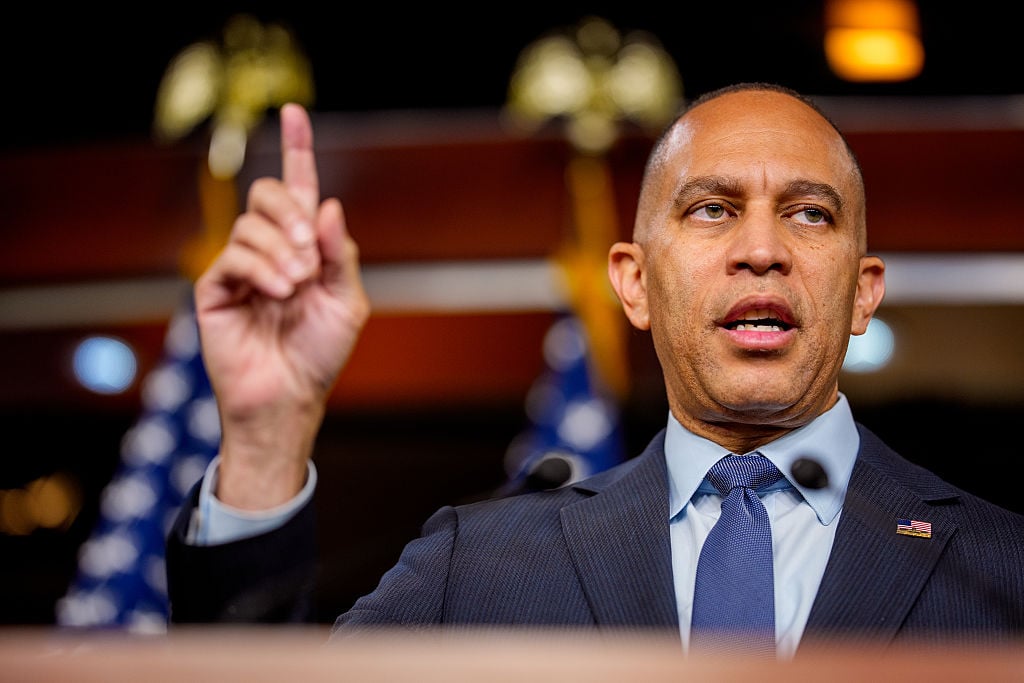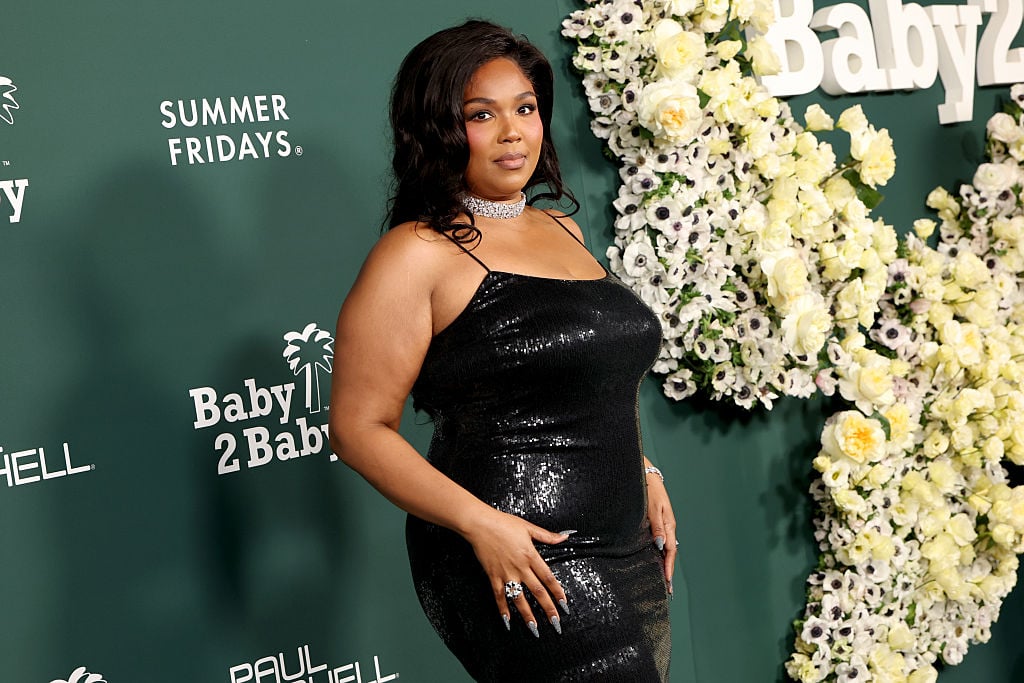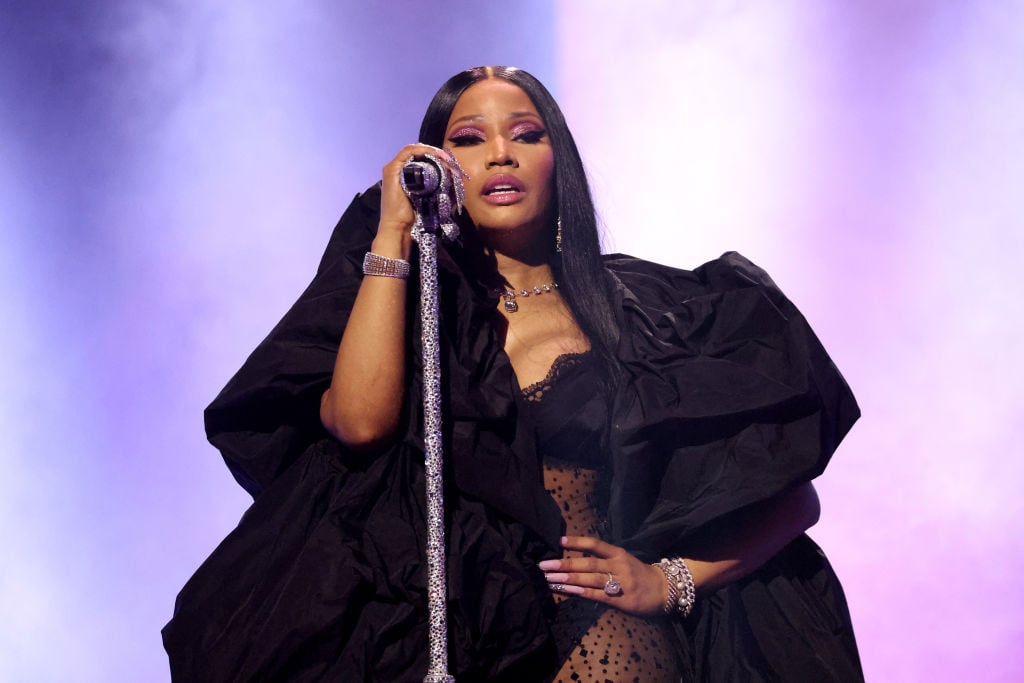Nancy Wang is ready to change the world. As director and general manager, the 33-year-old is the youngest person to serve at Amazon Web Services (AWS) Data Protection’s executive level. The Chinese-born American is integral to the smooth running of AWS, which provides worldwide on-demand cloud computing platforms.
A University of Pennsylvania-trained engineer, Wang has had a meteoric career trajectory that has taken her to positions with the U.S. federal government, Deloitte, Google and Rubrik before landing her at AWS. She also founded, in 2016, a nonprofit membership organization, Advancing Women in Tech, which “accelerates careers and addresses diversity gaps in leadership.” The organization, for which she now serves as board chair, has helped more than 40,000 people to date via mentoring and training materials delivered via Coursera.
We asked Wang about leadership in the tech sector and how she’s paved her path to success.
This interview has been edited for length and clarity.
Let’s start with what the industry looks like—how do you feel about the role women play?
Nancy Wang: The tech industry has an average 15 to 20% women in technical roles. I just took a look at my team’s diversity stats, and our average is at least three times that. So, I am really just proud to see that. If you have a woman in a leadership position, she can make decisions that lead to this generation of change and get replicated across teams horizontally. That’s really where you’re going to see force multipliers of change.
And before your career, growing up, did you have a sense of gender equality?
NW: My parents, being educated academics, saw girls and boys as the same. So you treat them the same. And I was treated the same. My dad, the engineer, loves to fix cars, so I fixed cars right alongside him. I went fishing with him at an early age. A lot of folks were like, “You know Nancy is a girl, right? Why not buy her some dolls and things like that?” And my dad was like, “No, I want her to be an engineer.”
So I got a microscope set instead and learned to ask questions about why things are the way they are, or why things work the way they do. You could call it non-stereotypical gender activity that I did growing up; I even called them “non-girly things.” But that connotation, at the end of the day, is actually what I want to break through. We shouldn’t separate roles by gender or other characteristics. If you have an interest in understanding how things work the certain way they do, you should be given the opportunity to learn that.
What about mentorship opportunities? Did you have those early on?
NW: At Google, I remember looking for leaders I could look up to, who I felt like identified with me—women and East Asian women, but just, frankly, women in general. And they weren’t there. I had quite a few really awesome engineering directors or directors of product who are men, who took an active interest in my career. But I really longed for that woman-to-woman connection.
Advancing Women in Tech, the nonprofit you founded, provides that potential connection for women. How did it get started?
NW: It really started super grassroots; I just put together dinners in San Francisco. We would discuss how to help one another, how to ascend the career ladder and how to advocate for ourselves. And that force started to grow into “dinner, plus one.” So, everyone would bring a product leader that they really admired in their organization. And in the living room of my very tiny San Francisco apartment, we thought about how to broaden access and right to knowledge and skill and even to a hands-on training workshop. We held our first workshop at the office of DocuSign, one of our very first sponsors—their former CTO, Ron Hirson, remains one of our most vocal advocates. There was that beginning.
Then, in 2016, we started doing workshops around the world: in Berlin, in Paris, in London, in India, and even in areas in Taiwan. What started out as a community movement has gone global. I think at this point, 40,000 different women and other underrepresented groups have benefited from our offerings.
It’s a long way from where you started. How do you feel when you look back?
NW: My family came to the U.S. from China when I was 6. My dad was a postdoc, which is not the most well-compensated role within a university, earning his Ph.D. in material science engineering at Cornell. My entire family—my dad, mom, sister and myself—all lived on a salary of less than $20,000 a year. That number has you doing very creative things to get by every month. I really appreciate that experience, from the sense of the work ethic and also the drive, of understanding the position that my parents were in. It motivates you to work hard. It’s really the sense of how you make lemonade with lemons.
This article originally appeared in the September/October 2023 issue of SUCCESS magazine. Photo by ©Elisa Cicinelli Photography.





